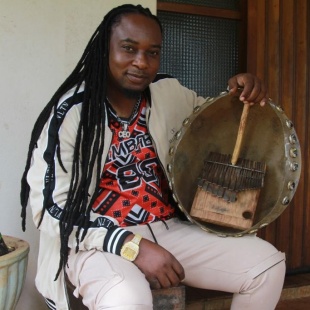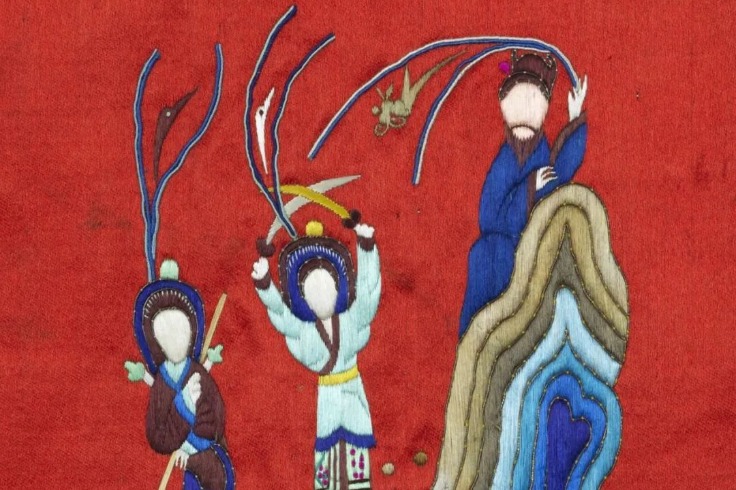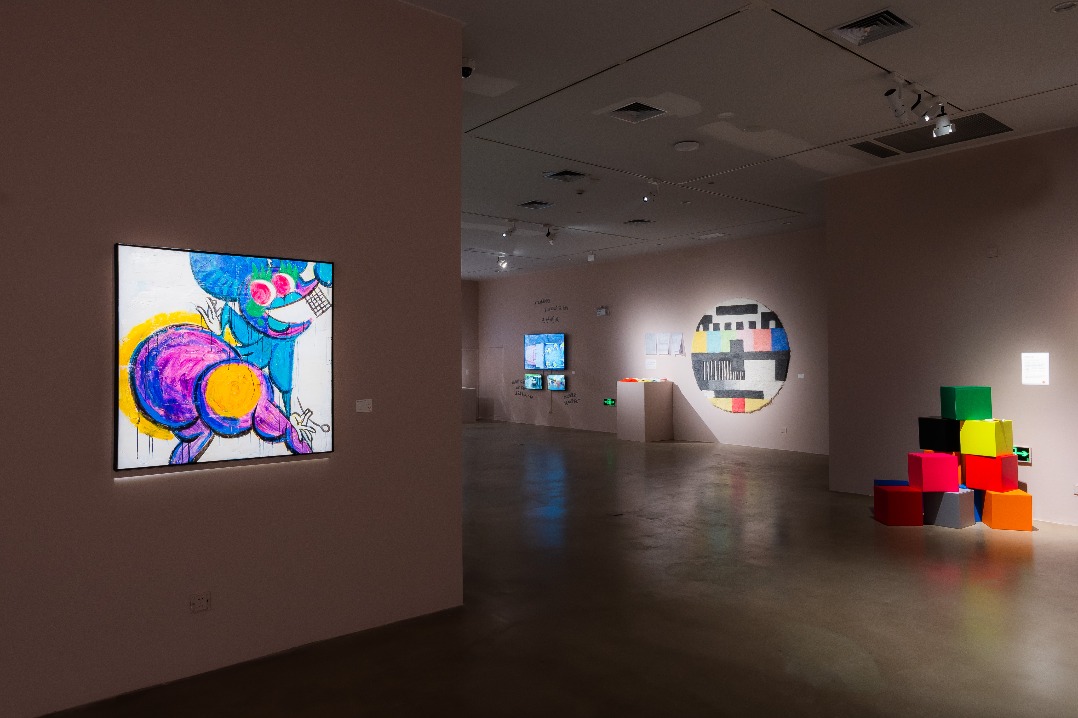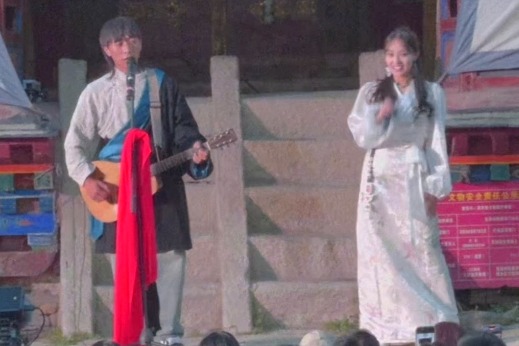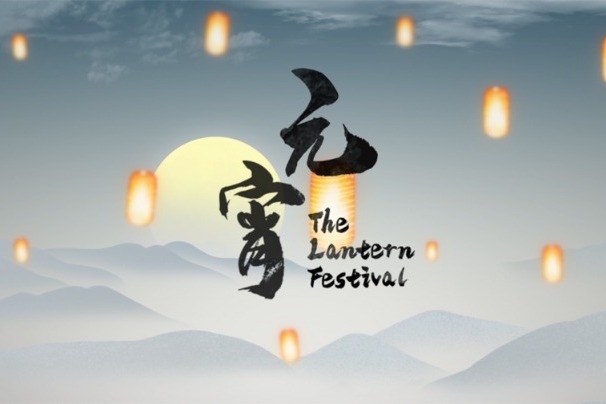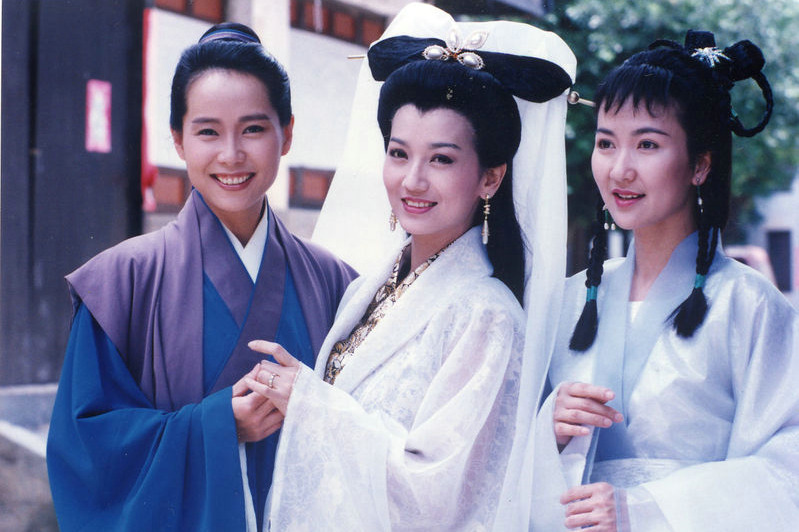Zimbabwean artist enchants modern audiences with ancient instrument

HARARE — A sense of cultural pride filled the club as Virimai Nhedega enchanted his fans with the rhythmic melodies of the Mbira, a traditional Zimbabwean musical instrument celebrated for its unique timbre.
The 38-year-old musician, also known as Vee Mhofu, is a renowned Mbira performer. The instrument, preserved for more than a thousand years by the Shona people, who make up the majority of Zimbabwe's population, holds deep cultural and spiritual significance.
Nhedega and his Dziva ReMbira traditional music ensemble recently captivated hundreds of fans at a club in Harare with a mesmerizing performance. The ensemble delivered a harmonious blend of vocals and instruments, including the Mbira, traditional drums and the hosho, a gourd rattle filled with seeds that often accompanies the Mbira.
"To me, the Mbira is an important spiritual instrument we inherited from our ancestors. It is something we must safeguard and promote," Nhedega says at his workshop in Harare.
The Mbira, sometimes referred to as a "thumb piano", is a handheld soundboard made of wood, with metal keys that are plucked to produce sound. To amplify its resonance, it is often placed inside a large calabash resonator.
In Zimbabwe, the Mbira is more than just an instrument used for entertainment. It is considered a vital link to the past, often described as a "telephone to the ancestors".Traditionally, it has been played during celebrations such as weddings and the installation of traditional leaders. In modern times, it features at concerts, corporate events and government functions.
Nhedega's journey with the Mbira began at age 12 when he discovered the instrument underwater while swimming in a river. Fascinated, he took it home and taught himself how to play it, eventually becoming a skilled musician. The discovery inspired the name of his band, Dziva ReMbira, which means "pool of Mbira" in the Shona language.
Nhedega is modernizing the genre by blending traditional and contemporary elements.
In recognition of its cultural importance, Zimbabwe hosted the inaugural Mbira Festival at Gwanzura Stadium in Harare last September, with thousands in attendance. The month was officially designated as "Mbira Month".
Nhedega says that the Mbira is gaining global recognition and has become a cultural symbol for Zimbabwean tourism.
"We are hosting tourists who come to appreciate the Mbira, sometimes for over a month. We are appealing to tourism officials to acknowledge the cultural significance of Mbira. I believe that is why UNESCO has inscribed the Mbira as an intangible cultural heritage of humanity," he says.
With growing cultural exchanges between Zimbabwe and China, Nhedega hopes to promote Mbira culture in Asia.
"I look forward to performing live in Asian countries like China," he says.
Having played a pivotal role in popularizing Mbira music, Nhedega's next ambition is to teach the instrument to younger generations, ensuring that its cultural legacy endures.
"We are like fish in water when it comes to culture. We should not abandon it," he says.
Raphael Chikukwa, executive director of the National Gallery of Zimbabwe, emphasizes the importance of celebrating the Mbira. "The Mbira is not just a musical instrument. It is deeply spiritual. As a key intangible cultural heritage of Zimbabwe and the region, it deserves recognition both locally and globally," Chikukwa says.
Recently, through government initiatives and the efforts of contemporary artists, the popularity of the Mbira has seen a resurgence. The genre now enjoys a growing trend among both older and younger audiences, including those who once disregarded traditional music.
Vee Mhofu has become synonymous with the revival of Mbira music.
"Vee Mhofu's Mbira has a unique and special presence. It draws you into its mood, making it impossible not to move and dance to its rhythm," says Lionel Nhachi, a 26-year-old fan from Harare.


